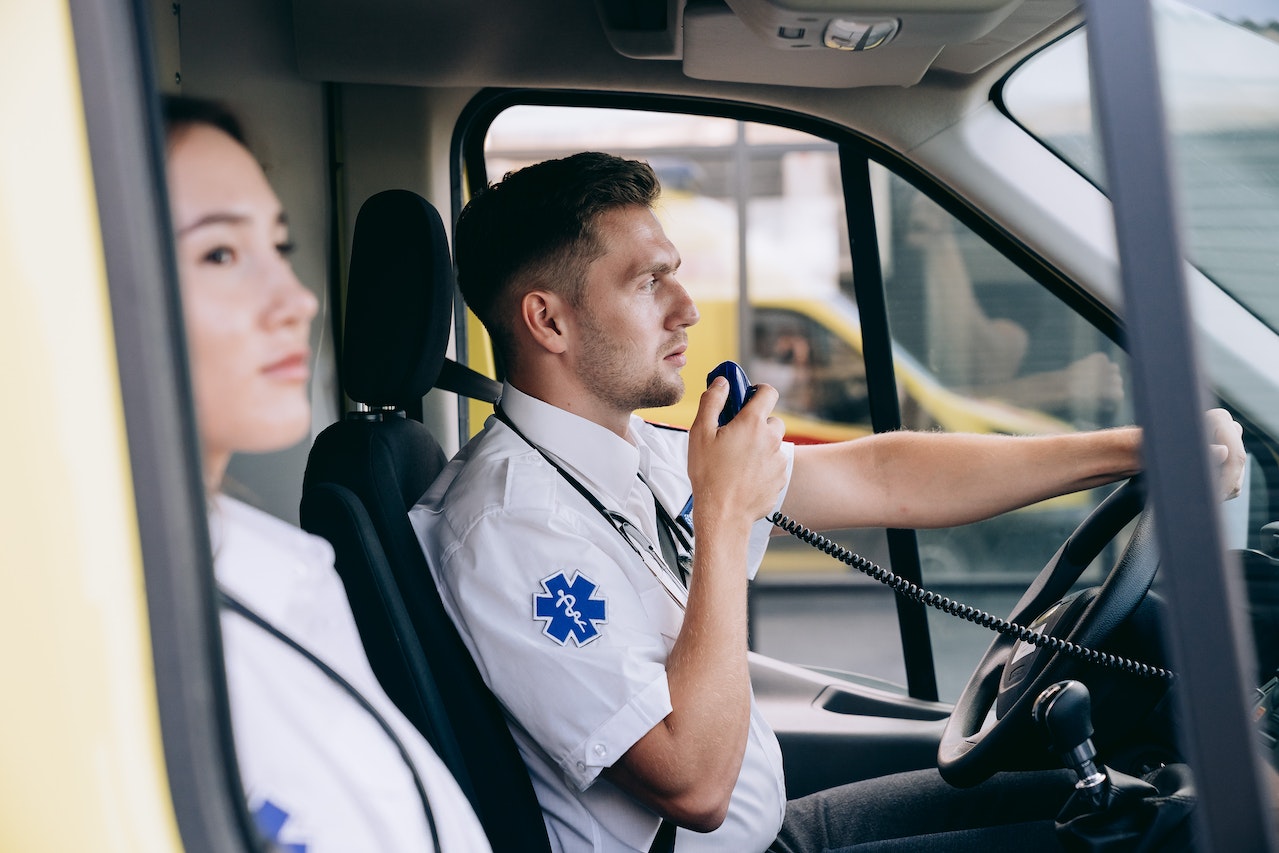When an emergency happens, the first people to arrive on the scene are often first responders. These individuals may be police officers, firefighters, paramedics, or other emergency personnel. If you’re interested in becoming a first responder, you can do a few things to prepare yourself. Here are six tips to help you get ready.
1. Get Certified
Becoming a first responder requires a certain level of knowledge and training in order to effectively treat minor injuries, administer CPR, and handle emergency situations. One tip for preparing to become a first responder is to obtain BLS certification. Basic life support certification teaches essential skills such as proper CPR technique and the use of an automated external defibrillator (AED), which can be lifesaving in emergencies.
Having it can also make you a more competitive candidate for first responder positions. It’s important to note that it must be renewed every two years in order to stay current with new developments and guidelines in emergency medicine. So, if you are considering becoming a first responder, consider obtaining basic life support certification to enhance your skills and advance your career opportunities.
2. Join a Local Volunteer Fire Department or EMS Squad
Another practical way to prepare for this role is to join a local volunteer fire department or EMS squad. Not only will you receive valuable training and experience in emergency response protocols, but you will also gain access to essential resources such as lifesaving equipment and communication systems.
Additionally, by participating in drills and responding to real-life emergencies with other trained individuals, you can improve your teamwork skills and develop a better understanding of how different agencies work together during a crisis.
Joining a local volunteer organization is not only a great way to give back to your community, but also an effective method of preparing yourself to be a successful first responder.
3. Take Classes in Anatomy and Physiology
When responding to emergencies, it’s critical to have a basic understanding of the human body and how it works. Taking classes in anatomy and physiology can greatly enhance a first responder’s ability to assess and treat injuries. Learning about the skeletal and muscular systems, for example, can help identify broken bones or dislocations. Knowledge of respiratory and cardiovascular functions can assist with providing life-saving care for heart attacks or difficulty breathing.
Even something as seemingly simple as knowing where major organs are located can be crucial for quickly treating a stab or gunshot wound. In addition to improving response capabilities, studying anatomy and physiology can also motivate a deeper interest in medicine and potentially open up opportunities for career advancement.
4. Learn About Hazardous Materials
One important piece of knowledge for first responders is how to handle hazardous materials. Everything from chemical spills to oil spills, to radioactive substances, requires special training in order to protect both oneself and the community. Learning about the identification, containment, and neutralization of hazardous materials can not only save lives but can also prevent further environmental damage.
Luckily, there are numerous resources available for those who want to gain this expertise, such as online courses and hands-on training programs provided by local fire departments or government agencies.
5. Train for Physical Fitness
Emergency response requires a high level of physical fitness, as first responders must be able to lift and carry injured individuals, run long distances, and perform strenuous tasks under duress. Regular exercise and physical activity can not only improve one’s overall health, but also increase strength, endurance, and agility – all of which are essential for performing the duties of a first responder.
There are many different ways to train for physical fitness, but some of the most effective methods include running, swimming, and weightlifting. First responders must also be able to pass a physical fitness test to be hired, so it’s important to consult with local agencies to find out what the requirements are in your area.
6. Stay Up-To-Date on Current Events and Trends
First responders need to be aware of current events and trends so that they can anticipate potential emergencies and develop appropriate responses. Reading the news and following social media can help you stay informed about what’s happening in your community and around the world
Conclusion
By following these tips, you can better prepare yourself for a career as a first responder. While the role of a first responder is challenging, it is also immensely rewarding, as it offers the opportunity to save lives and help others in times of need.


